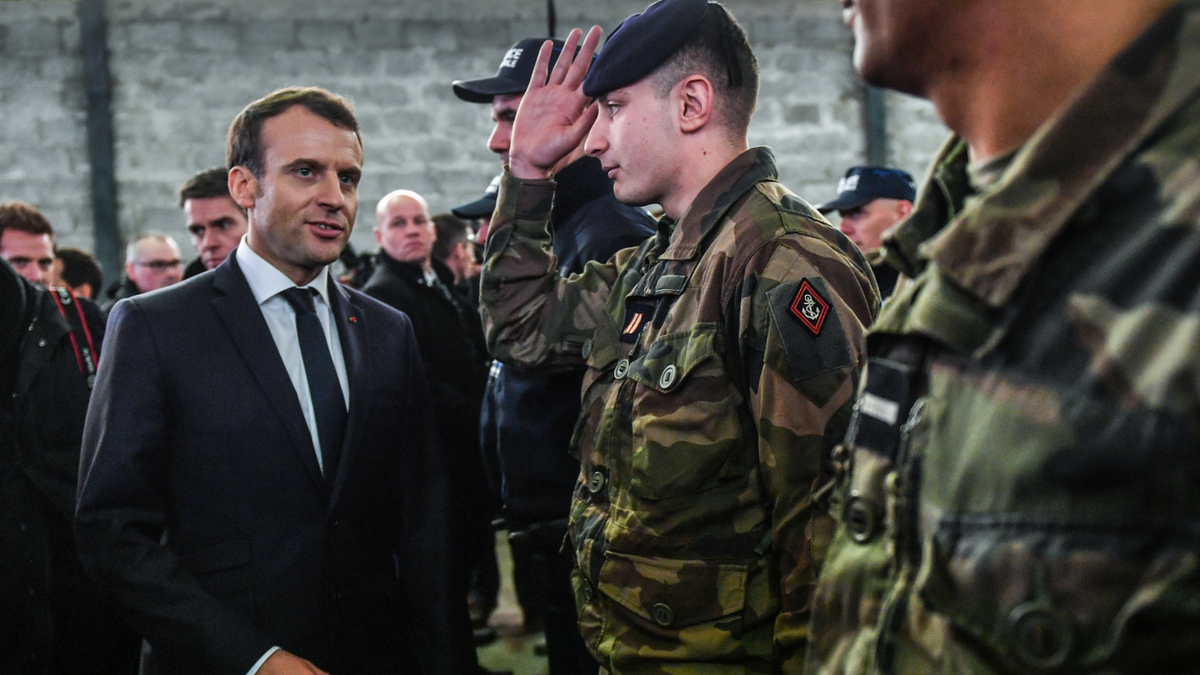
LONDON – Britain said Wednesday that it will send three Royal Air Force helicopters to join France's military mission against Islamic militants in Africa's Sahel region as part of closer U.K.-French intelligence and military cooperation.
The two countries will promise to step up efforts against violent extremism during a Thursday meeting between British Prime Minister Theresa May and French President Emmanuel Macron at the Sandhurst military academy near London.
The British government says May will announce she is sending three Chinook heavy-lift helicopters and dozens of personnel to Mali to provide logistical support for thousands of French troops fighting alongside African forces in a counterterrorism mission. France has led efforts to fight al-Qaida and IS-linked jihadi groups in the vast Sahel region south of the Sahara desert.
The leaders of the five main U.K. and French spy agencies are also meeting for the first time Thursday, as the two countries seek to increase intelligence-sharing. France and Britain have both faced a string of violent attacks by extremists inspired or directed by the Islamic State group.
May said U.K.-French summit "will underline that we remain committed to defending our people and upholding our values as liberal democracies in the face of any threat, whether at home or abroad."
One topic not high on the agenda is Brexit. Britain wants the meeting to underscore how the close relationship between the two neighbors won't suffer when Britain leaves the EU in 2019.
In the crisply martial surroundings of Sandhurst, where army officers have been trained since the days of the British Empire, senior ministers from the two countries will sign agreements on everything from space exploration to tackling online extremism.
In a boost to Macron, Britain is throwing its backing behind the European Intervention Initiative, a multinational European military force that the French president has proposed. He also wants a common European defense budget and security doctrine.
The plan is in its early stages, but British officials don't see it as an "EU army," an idea on which the U.K. has long been cool.
One point of tension between the countries is a 2003 deal that placed British border controls in Calais, on the French side of the English Channel. The town has become a magnet for migrants hoping to reach Britain, and the accord puts the burden of blocking their entry to the U.K. on France.
Macron wants Britain to take a bigger share of the burden by taking in more child migrants from Calais and paying more into development projects.
Britain hasn't said whether it will agree. But May's spokesman, James Slack, said the existing agreement had been "very beneficial to the U.K."
"If there were a request for further help in terms of security, we would look at (it)," he said.
Macron, on his first visit to Britain since winning the presidency in May 2017, brought a gift: an agreement for France to loan Britain the Bayeux Tapestry, an 11th-century panorama depicting the Norman conquest of England.
The medieval masterpiece depicts a key moment in British history — one with particular resonance as Britain prepares to leave the EU.
